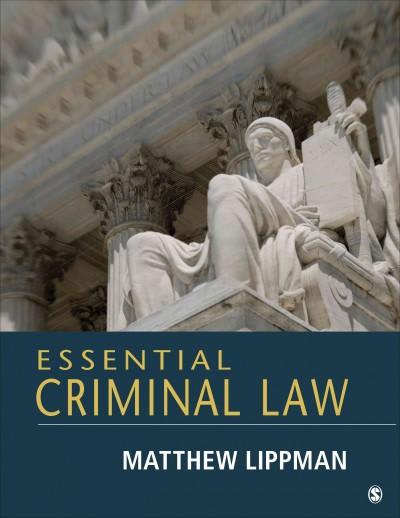Question
urgent please The case was commenced by a complaint filed in the United States District Court in Pennsylvania on behalf of 41 Pennsylvania truck operators
urgent please
The case was commenced by a complaint filed in the United States District Court in Pennsylvania on behalf of 41 Pennsylvania truck operators and their trade association, the Pennsylvania Motor Truck Association. This complaint, which named as defendants 24 Eastern railroads, an association of the presidents of those railroads known as the Eastern Railroad Presidents Conference, and a public relations firm, Carl Byoir & Associates, Inc., charged that the defendants had conspired to restrain trade in and monopolize the long-distance freight business in violation of 1[1]and 2[2]of the Sherman Act. The gist of the conspiracy alleged was that the railroads had engaged Byoir to conduct a publicity campaign against the truckers designed to foster the adoption and retention of laws and law enforcement practices destructive of the trucking business, to create an atmosphere of distaste for the truckers among the general public, and to impair the relationships existing between the truckers and their customers. The campaign so conducted was described in the complaint as "vicious, corrupt, and fraudulent," first, in that the sole motivation behind it was the desire on the part of the railroads to injure the truckers and eventually to destroy them as competitors in the long-distance freight business, and, secondly, in that the defendants utilized the
130
*130so-called third-party technique, that is, the publicity matter circulated in the campaign was made to appear as spontaneously expressed views of independent persons and civic groups when, in fact, it was largely prepared and produced by Byoir and paid for by the railroads.
Question 1
Does a delay in controlling seizures result in more frequent seizures and
a more resistant epileptic disorder? And, if so, does this apply to all
seizure types?
Question 2
What genetic tests are recommended for epilepsy and Huntington's
disease?
Question 3
Is it useful to take an electroencephalograph (EEG) after a patient's
first-ever seizure and, if so, when is the best time to do so? Would you
recommend taking an EEG after every seizure and before diagnosis?
Question 4
How often can drop attacks with loss of consciousness be due to atonic
fits in the absence of any other type of fit?
Question 5
How often are atonic fits the cause of falls with loss of consciousness in a
patient not suffering from any other type of seizure?
Question 6
Can mild anaemia (haemoglobin 10.8 g/dL) in a young female cause
syncopal attacks that are preceded by a sense of falling, followed by a
loss of consciousness and drowsiness for up to 1 hour? Do these data
favour complex partial seizures rather than syncope?
Question 7
I am confused between simple and complex partial seizures. Does the
loss of consciousness define complex partial seizures in an otherwise
what seems to be 'simple partial' clinically?
Question 8
What is the definition of accepted rather than complete control of
seizures in both partial and generalized tonic clonic seizures?
Question 9
In an otherwise normal adolescent patient with no history of drug or
alcohol intake, is it recommended that anti-epileptic drugs be started
after the first generalized tonic-clonic fit?21ft 100
Question 10
Do antiepileptic drugs decrease libido in the long term? If they do, what
treatment is recommended?
Step by Step Solution
There are 3 Steps involved in it
Step: 1

Get Instant Access to Expert-Tailored Solutions
See step-by-step solutions with expert insights and AI powered tools for academic success
Step: 2

Step: 3

Ace Your Homework with AI
Get the answers you need in no time with our AI-driven, step-by-step assistance
Get Started


